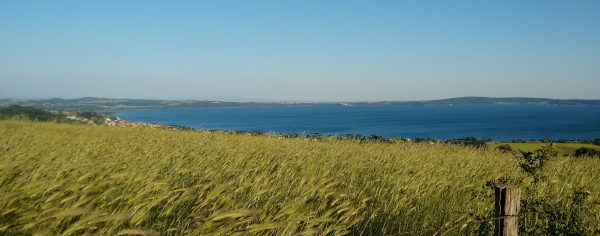Long-term cover cropping in tillage-based systems filters weed community phenology: a seedbank analysis
Little is known about the long-term contribution of cover crops to weed management in tillage- and herbicide-based systems.
Research questions
Do cover crops mainly filter weed species capable of setting seeds during the fallow period? Can cover crop biomass productivity explain differences in weed suppression among cover crop species? Does reduced weed seedbank density translate into lower weed biomass and higher crop productivity?



